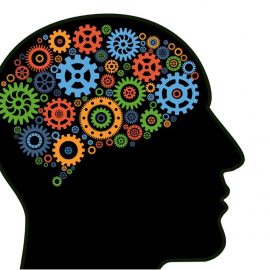

This article is an excerpt from the Shortform book guide to "The Power of Regret" by Daniel Pink. Shortform has the world's best summaries and analyses of books you should be reading.
Like this article? Sign up for a free trial here.
Why do we regret the past? What are the conditions that lead us to feel regret?
Having regrets is natural for humans. We regret past relationships, missed opportunities, and embarrassing moments. According to Daniel Pink, the author of The Power of Regret, for regret to arise, two conditions must be present: personal agency and opportunity.
Continue reading to learn what leads us to regret things.
Regret Condition #1: Personal Agency
Why do we regret our past sometimes? Pink clarifies that people only feel regret if they believe themselves to be the cause of their negative situation. The comparison between their two possible presents will only produce regret if their negative situation is due to their past actions or decisions.
While almost everyone experiences painful emotions when events don’t work out the way they’d hoped, if they don’t consider themselves the cause of their negative situation, they feel disappointment rather than regret.
(Shortform note: Pink distinguishes disappointment from regret and focuses his advice on overcoming regret. However, disappointment can be just as painful and debilitating, and it is worth mentioning how psychologists recommend approaching this emotion. Many people make their disappointments feel worse because they catastrophize—”I didn’t get this job and so I’ll never have a satisfying career,” or they personalize—”This romantic partner rejected me because I don’t deserve a happy relationship.” Instead, psychologists recommend that you learn from your disappointments: Set realistic expectations, but keep trying.)
That said, Pink offers one important caveat: Sometimes people incorrectly attribute an outcome to their actions when it was actually beyond their control. For example, someone who is laid off from their job may attribute the situation to poor work performance, when actually their company simply decided to eliminate the role entirely. This false attribution may lead them to regret inconsequential mistakes, such as coming to work late once or making a typo on an email. As we will see later in this guide, correctly analyzing the situation is an important part of growing from regret.

———End of Preview———
Like what you just read? Read the rest of the world's best book summary and analysis of Daniel Pink's "The Power of Regret" at Shortform.
Here's what you'll find in our full The Power of Regret summary:
- A look at why most people feel regret, and what causes it
- The three worst ways to deal with regrets
- The five-step process for turning regrets into advantages







I’m impressed with this. This is what I was missing in my life